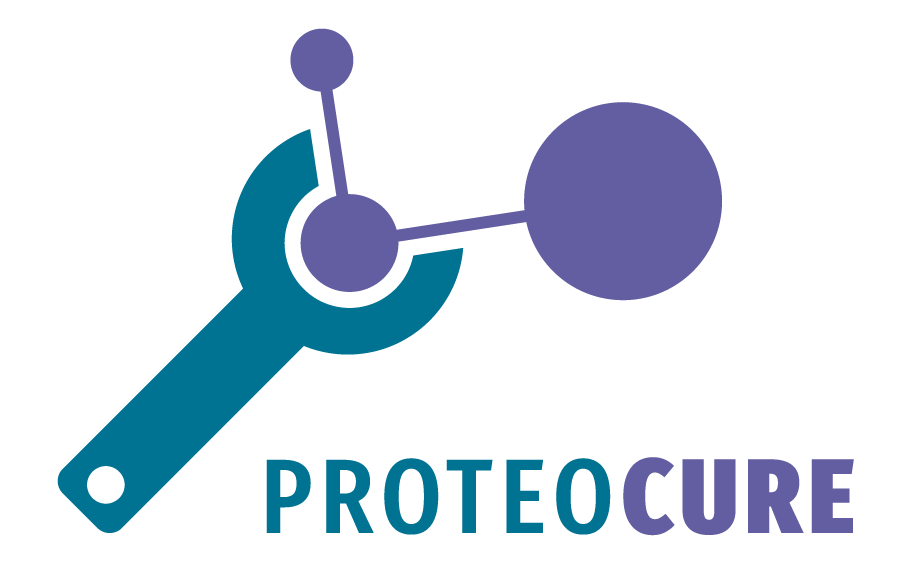PhD STUDENT & POSTDOC POSITION AVAILABLE Hoppe Laboratory – Protein Homeostasis in Aging and Disease CECAD-Cluster of Excellence in Aging Research, University of Cologne
Institution information: CECAD Research Center, University of Cologne, Joseph- Stelzmann-Str. 26, D-50931 Cologne, Germany
Location: Cologne is a vibrant city with an outstanding international academic research environment. CECAD is a leading center for aging research in Europe, bringing together researchers and clinicians from the University of Cologne with researchers from the Max Planck Institutes for Biology of Aging and Metabolism in a unique research project. Background: Protein homeostasis (proteostasis) is achieved through quality control pathways that support the proper folding and functionality of proteins. However, the proteostasis network has a limited capacity, and its impairment leads to aggregation of misfolded proteins, which affects the physiology and lifespan of the organism. Protein aggregation in the human brain plays a central role in neurodegeneration leading to mental and motor deficits. We address the dynamic regulation of proteolytic pathways that integrate environmental and physiological changes to identify protein degradation networks that protect the organism’s proteome. Our laboratory aims to unravel the interplay between proteolytic networks at the molecular, cellular, and organismal levels and to define adaptive mechanisms that ensure proteome integrity in response to environmental stress or disease- associated mutations. A combination of state-of-the-art techniques, including (opto)genetics, biochemistry, and in vivo imaging, allows us to study stress-induced changes in protein folding and degradation pathways. Conserved regulation of proteostasis networks will be studied in C. elegans, in mammalian cell cultures, and in samples from diseased patients. The project will have far-reaching implications for understanding tissue regeneration and age-related neurodegeneration. New insights could be important for therapeutic interventions against age-related diseases such as Alzheimer’s, Huntington’s and Parkinson’s. Qualifications: We are seeking a highly motivated PhD student and Postdoc to join our enthusiastic and collaborative group. Candidates should have demonstrated outstanding performance through their undergraduate studies. In addition to creativity, a strong ability to solve problems through analytical thinking, combined with an enthusiasm for scientific research, is highly desirable. We also expect very good communication skills, fluency in English, and the ability to work in a team. The successful candidate will be part of an enthusiastic and collaborative group where a multidisciplinary approach is taken.
For more information: http://www.hoppelab.uni-koeln.de
How to Apply: Please send your CV, letter of intent, names and addresses of references to
Prof. Thorsten Hoppe, E-mail: thorsten.hoppe@uni-koeln.de
Selected Publications:
Efstathiou S., Ottens F., Schütter L.S., Ravanelli S., Charmpilas N., Gutschmidt A., Le Pen J., Gehring N.H., Miska E.A., Bouças J., Hoppe T. (2022). ER-associated RNA silencing promotes ER quality control. Nat. Cell Biol. 12, 1714-1725.
Balaji V., Müller L., Lorenz R., Kevei E., Zhang W.H., Santiago U., Gebauer J., Llamas E., Vilchez E., Camacho C.J., Pokrzywa W., Hoppe T. (2022). A dimer-monomer switch controls CHIP-dependent substrate ubiquitylation and processing. Mol Cell. 82, 3239-54.
Segref A., Vakkayil K.L., Padvitski T., Li Q., Kroef V., Lormann J., Körner L., Finger F., Hoppe T. (2022). Thermosensation in Caenorhabditis elegans is linked to ubiquitin-dependent protein turnover via insulin and calcineurin signalling. Nat Commun. 13, 5874.
Finger F., Ottens F., Springhorn A., Drexel T., Proksch L., Metz S., Cochella L., Hoppe T. (2019). Olfaction regulates organismal proteostasis and longevity via microRNA-dependent signaling. Nature Metabolism 1, 350– 59.
Tawo R., Pokrzywa W., Kevei E., Akyuz M.E., Balaji V., Arian S., Höhfeld J., Hoppe T. (2017). The Ubiquitin Ligase CHIP Integrates Proteostasis and Aging by Regulation of Insulin Receptor Turnover. Cell 169, 470-82.

